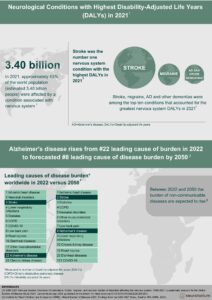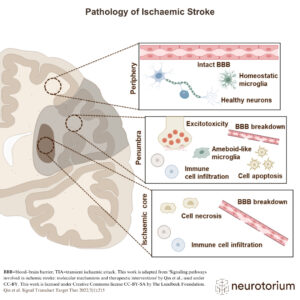Apragmatism is a term used to describe the communication-specific changes that occur as a result of acquired right hemisphere brain damage, such as from stroke. The term was first introduced by Peggy Myers (2001)1 and has been specified more recently by a group of researchers in acquired right hemisphere cognitive-communication disorders2. Apragmatism comprises paralinguistic, extralinguistic, and linguistic components that may be impacted due to a right hemisphere stroke.






